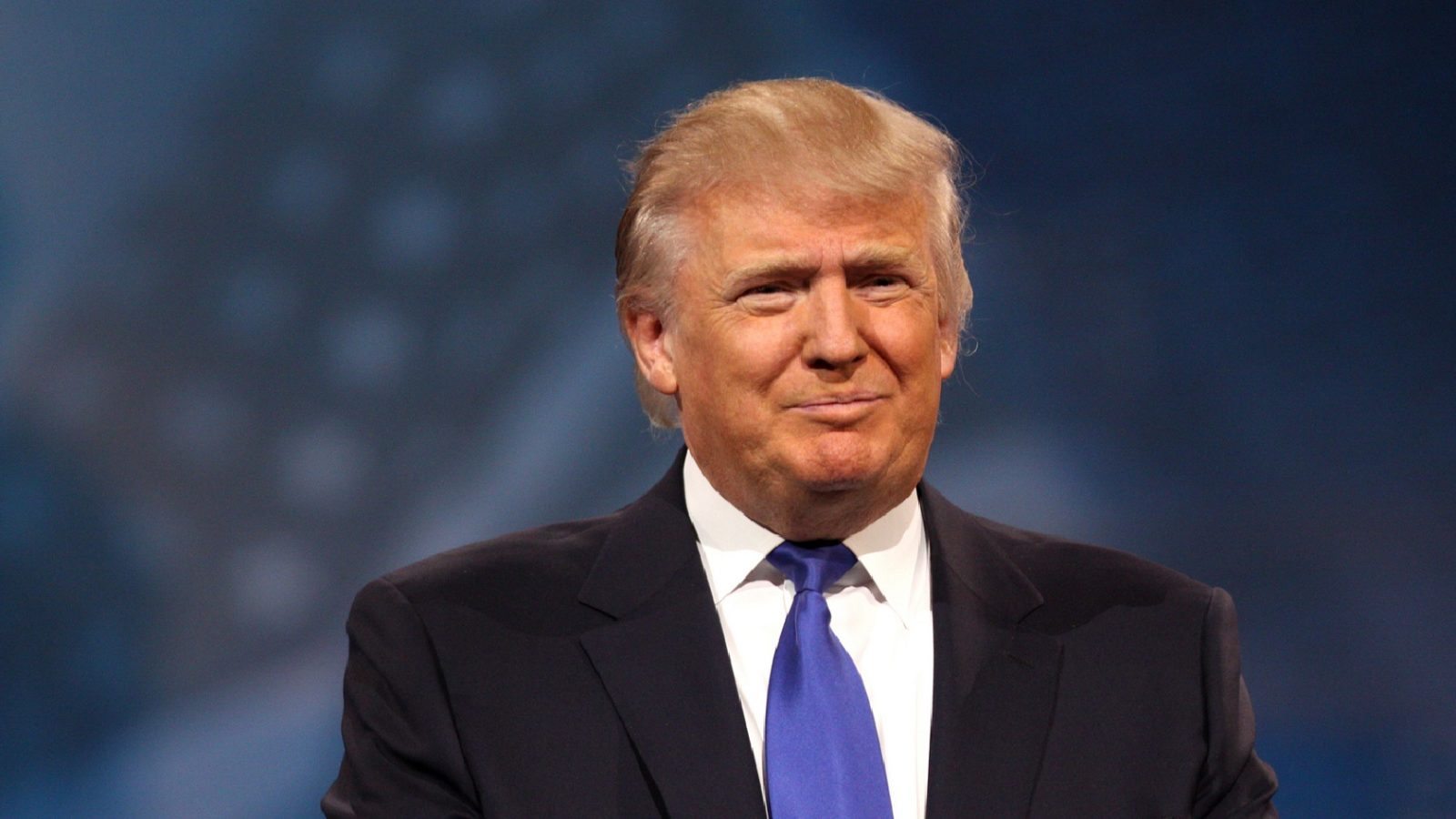
by Dalir Khan
The speculation and excitement around the U.S. election has ended with the victory of Republican candidate, Donald J. Trump. For the first time in over a 100 years, a candidate has become president after being voted out of office once prior, returning to power in a non-consecutive term. While his victory will have significant consequences domestically, the results of this election will have ripple effects across the world.
South Asia is no exception and it will be impacted by Trump’s “America First’’ approach in the foreign and security policy domains. India, Pakistan and Afghanistan are betting their hopes on greater U.S. engagement with South Asia. However, if Trump’s first tenure and his recent election campaign are any guide, Washington’s South Asia policy will be guided by its vision for the Indo-Pacific, which was first put forth in Trump 1.0.
The crux of the Indo Pacific strategy propounded by the first Trump administration was to ensure a rules-based order in the Indo-Pacific against China’s revisionist and coercive behavior with the help of allies and partners. The Biden administration took this one step further by pursuing strategic competition with China, terming it a “pacing threat” and enacting measures to curtail China’s dominance in various strategic sectors. Trump 2.0 would continue the threads of Biden’s policy by following a more hardline approach against Beijing. Indeed, President-elect Trump has already hinted at imposing over 60 percent tariffs on imports from China.
India’s role as a cornerstone of the U.S. Indo-Pacific strategy under both the previous Trump and Biden administrations suggests it will be a vital partner in Trump 2.0 as well. The confluence of interests between the United States and India, particularly the challenge of a rising China, have been a key driver of the relationship. The Indo-U.S. strategic partnership flourished in the previous Trump era, with the two countries signing various foundational defense agreements, Washington approving key arms sales to India, and providing India with support during its border standoff with China. All this resulted in the United States putting India on a high pedestal and it is expected to continue doing so, which would have repercussions for U.S. engagement with Pakistan and the rest of South Asia.

The global war on terror made Pakistan a major partner of the United States in the 2000s. However, Trump’s decision and Biden’s implementation of withdrawing U.S. troops from Afghanistan in 2021 after two decades soured the U.S.-Pakistan relationship. Things went from bad to worse when Washington levelled charges against Islamabad of supporting the Taliban and giving them safe sanctuaries inside Pakistan. To Islamabad’s disappointment, the United States not only sidelined Pakistan from its Indo-Pacific policy, but also identified India as the most important partner in South Asia.
Trump’s foreign policy towards Pakistan would likely be dictated by its competition with China and guided by the shifting currents of the Indo-U.S. partnership. Islamabad is likely to simultaneously face pressure to act substantially on counterterrorism in the region and rely less on Chinese investment by means of the China-Pakistan Economic Corridor. In fact, President-elect Trump may pressurize Pakistan to reduce its strategic as well as economic engagement with China.
The four-year term of President Trump would also have enduring consequences for Afghanistan. Trump has promised to cut international spending, as he did in his first term, in order to focus on his “America First” approach, which may impact Afghanistan’s access to U.S. aid. This generates concerns regarding the possible acceleration of the looming humanitarian crisis in Afghanistan. Unlike the Biden administration, Trump would be less likely to support food security, human rights, and women’s education initiatives in Afghanistan unless they are deemed to be strategic imperatives.
Trump’s approach towards Afghanistan might prove disastrous as it could undermine food security and lead to an economic downturn. This would create a vacuum and attract regional powers like Russia, China and Pakistan to step in and fill the vacuum. There have been some indications that Trump may not leave Afghanistan to be dominated by the regional powers—for instance, he expressed dissatisfaction over the U.S. withdrawal from Bagram Air Base, claiming that it should have been used to counter China. But what happens in practice remains to be seen.
Overall, Trump’s foreign policy would significantly shape the security and economics of South Asia, where India would have a dominant role by virtue of its contributions to the Indo-Pacific. Pakistan would likely have to walk a tight rope, balancing its relations with both Washington and Beijing. While Afghanistan might be forced to call in external powers if Trump’s America First approach further abandons Kabul.
source : southasianvoices
